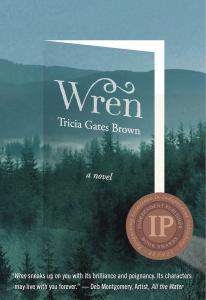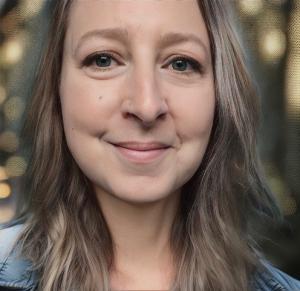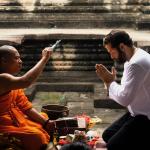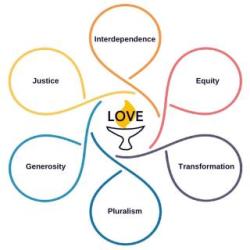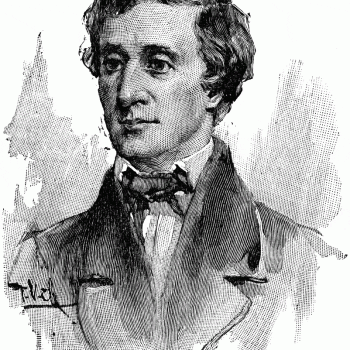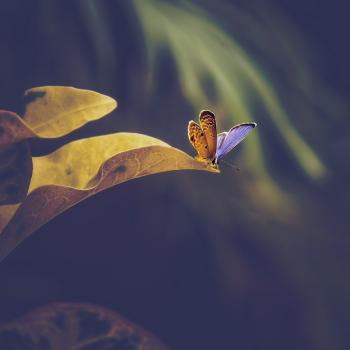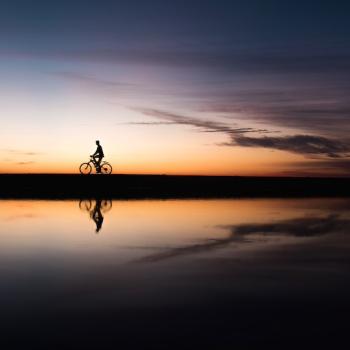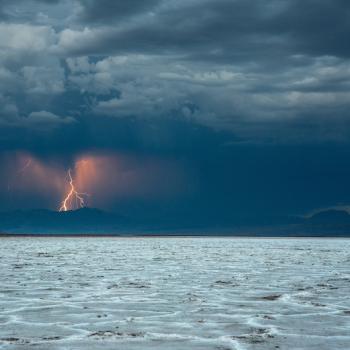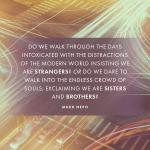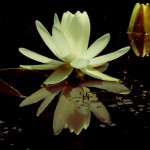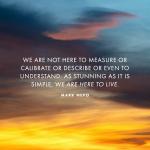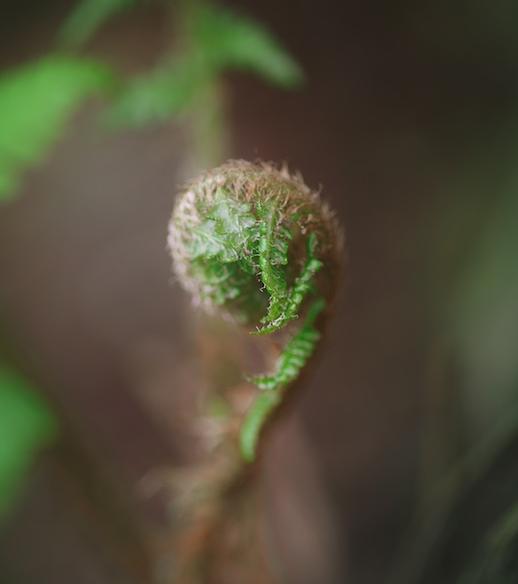
“The very least you can do in your life is figure out what you hope for. And the most you can do is live inside that hope. Not admire it from a distance but live right in it, under its roof.” ― Barbara Kingsolver
In 2017 after Trump became president, I started reading Hannah Arendt’s The Origins of Totalitarianism. The book felt chillingly heartbreakingly shatteringly timely. At the moment, many viewed parallels between Trump’s ascendance and historical ascensions of authoritarianism as overblown and alarmist. Today, the story is different. Now I frequently encounter discussions of Arendt in the mainstream; people raising the prospect that she is a voice for this moment as we are poised to potentially lose touch with democracy.
We see a veering toward autocracy interwoven with many trends that are by now so familiar they hardly need repeating—all culminating in an insurrection on our capitol and a recasting of the insurrectionists as victims and hostages. It has become so banal, to use Arendt’s now-famous adjective
These days, I feel as concerned as ever. More concerned than when I picked up Arendt’s book in 2017. But I’ve also been pondering the subject of hope. What does it mean to have hope? I come from a tradition that expresses hope—even when terrible things are quite clearly about to happen.
At times we’re in positions of knowing things trend in a bad direction. Maybe someone we love is sick, or our child has lost a job and is struggling, or someone we know is imprisoned in addiction, or things trend tragic for some other reason. At times the road ahead looks bumpy indeed. What does it mean to have hope when things are not headed in a good direction?
Despite all of the worrying trends, I do have long-term hope. I don’t have hope in the sense of optimistically thinking everything will simply “work out” and near-term bad outcomes will dissipate, and/or God will intervene to save us from ourselves. Because this created universe includes choice and the playing out of natural laws; of “causes and conditions,” as Buddhists quite helpfully state. We clearly do not have a God that swoops in and takes over our wills, forcing us to do the right thing. And clearly God does not swoop in and override natural laws and natural cycles. Instead, we know a Divinity that for all the talk about sovereignty, has opted for a freedom-giving path that is quite vulnerable.
And yet. I do look around and look back at history and see a trend toward redemption. We may progress three steps forward and two steps back. But something is ultimately moving us in the direction of greater consciousness and openness to others. One only need glance at the common brutality of the Middle Ages to see we have moved forward—or even at far-more-widely-held and entrenched prejudices in the middle of the 20th century.
In the Episcopal tradition, we are in the season of Easter. This season reminds us that even though Good Fridays come, and really cannot be avoided (not because God is violent, but because people are), the story doesn’t end there. Easter is still to come. That is the symbol and hope we enact liturgically. We strive to get to know a God who takes things we destroy and brings them back to life. In this sense, Easter is an image of something we see all the time.
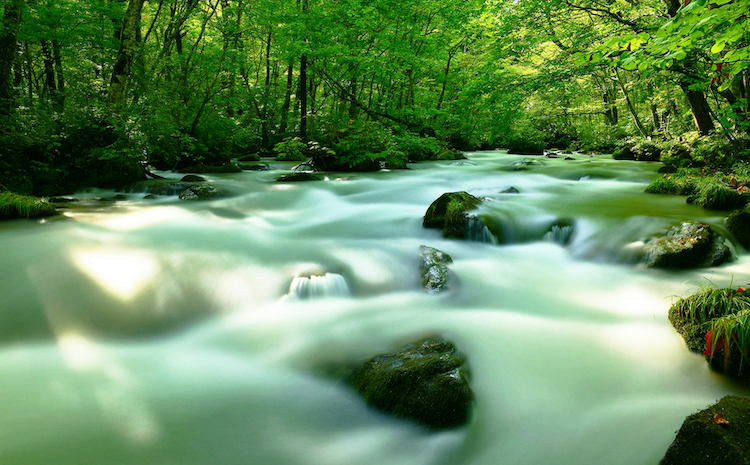
A Redemptive Flow
My favorite image of God is as flow, like a mighty flowing river, a river ever moving toward repair, toward fixing the things we creatures break. Sometimes the redemption takes a while, and sometimes things get caught or are resistant to the flow. But God is ever righting things. I know this can sound glib or cliché. Yet it is something I’ve seen play out in my life and the lives of those close to me over and over. So if the most reliable evidence is experience, this trend toward wholeness, this redemptive flow, is the most reliable thing I know. And we don’t sit back and pray and expect God to act supernaturally; we participate in redemption. We pray less with our words and more with our limbs. Or we pray with words not to manipulate God, but to connect with God and change our own hearts.
This is where I find hope. Not in a naïve idea that things cannot and will not possibly go wrong. Things go wrong all the time. But then there is the long view—this view that even what we break is, over time, repaired. Our creator is a mighty river of love. This is what it means to trust and have hope grounded in that trust.
What does this mean with regard to our democracy? It means that if we are participants with God, we do what we individually can to protect it, each of us following our individual gifts and leadings. It also means that even if oppression and autocracy win in certain places in the short-term, we hold out hope that ultimately, they fail.
Wren, winner of a 2022 Independent Publishers Award Bronze Medal
Winner of the 2022 Independent Publisher Awards Bronze Medal for Regional Fiction; Finalist for the 2022 National Indie Excellence Awards. (2021) Paperback publication of Wren , a novel. “Insightful novel tackles questions of parenthood, marriage, and friendship with finesse and empathy … with striking descriptions of Oregon topography.” —Kirkus Reviews (2018) Audiobook publication of Wren.


